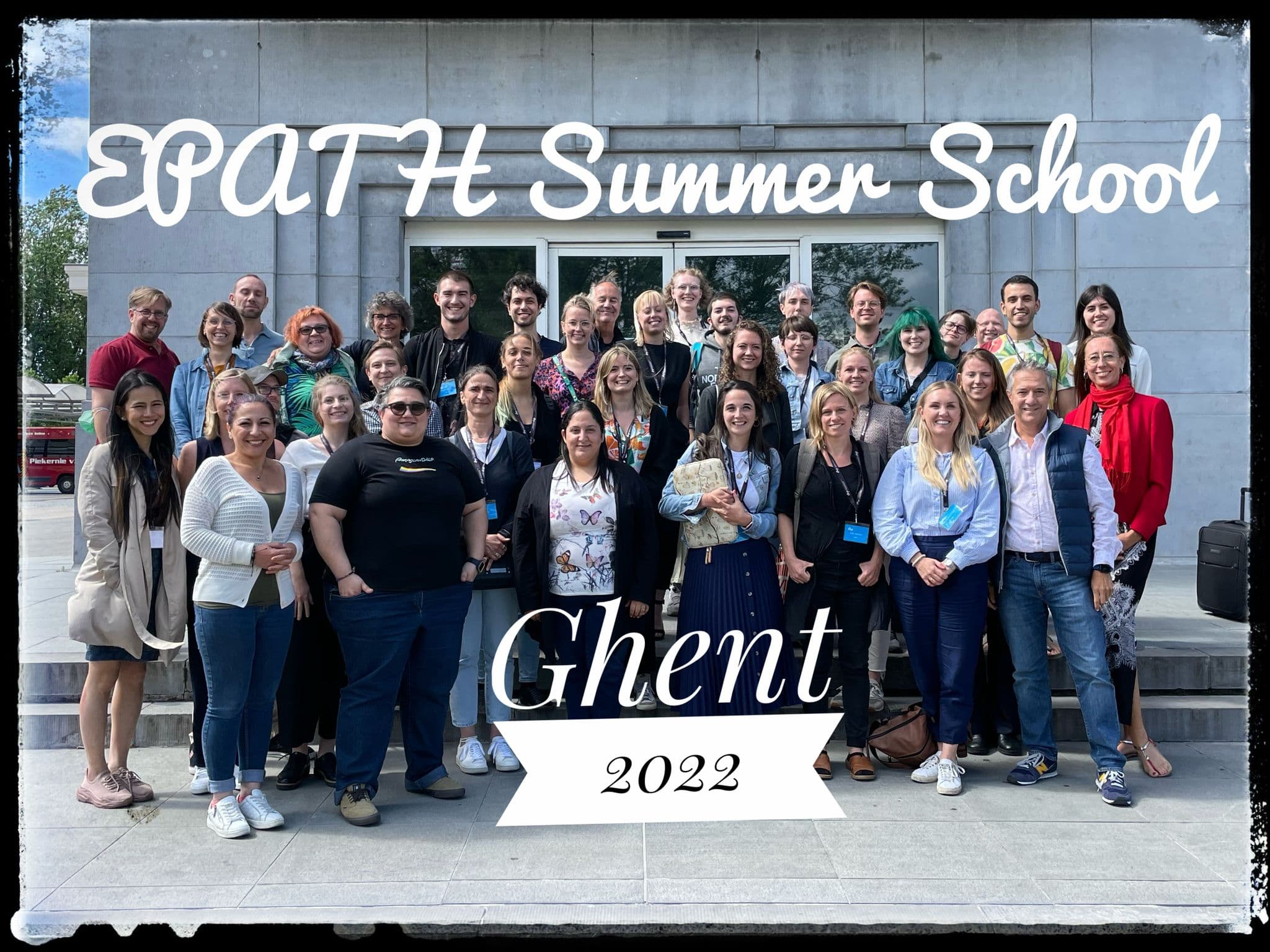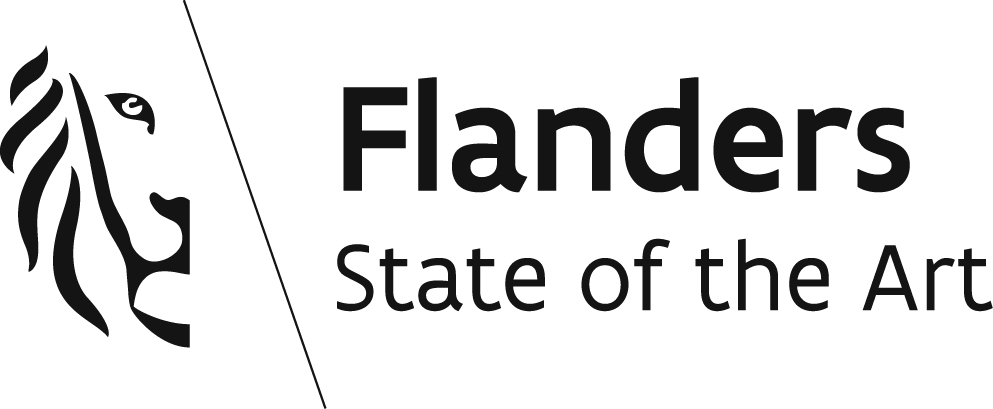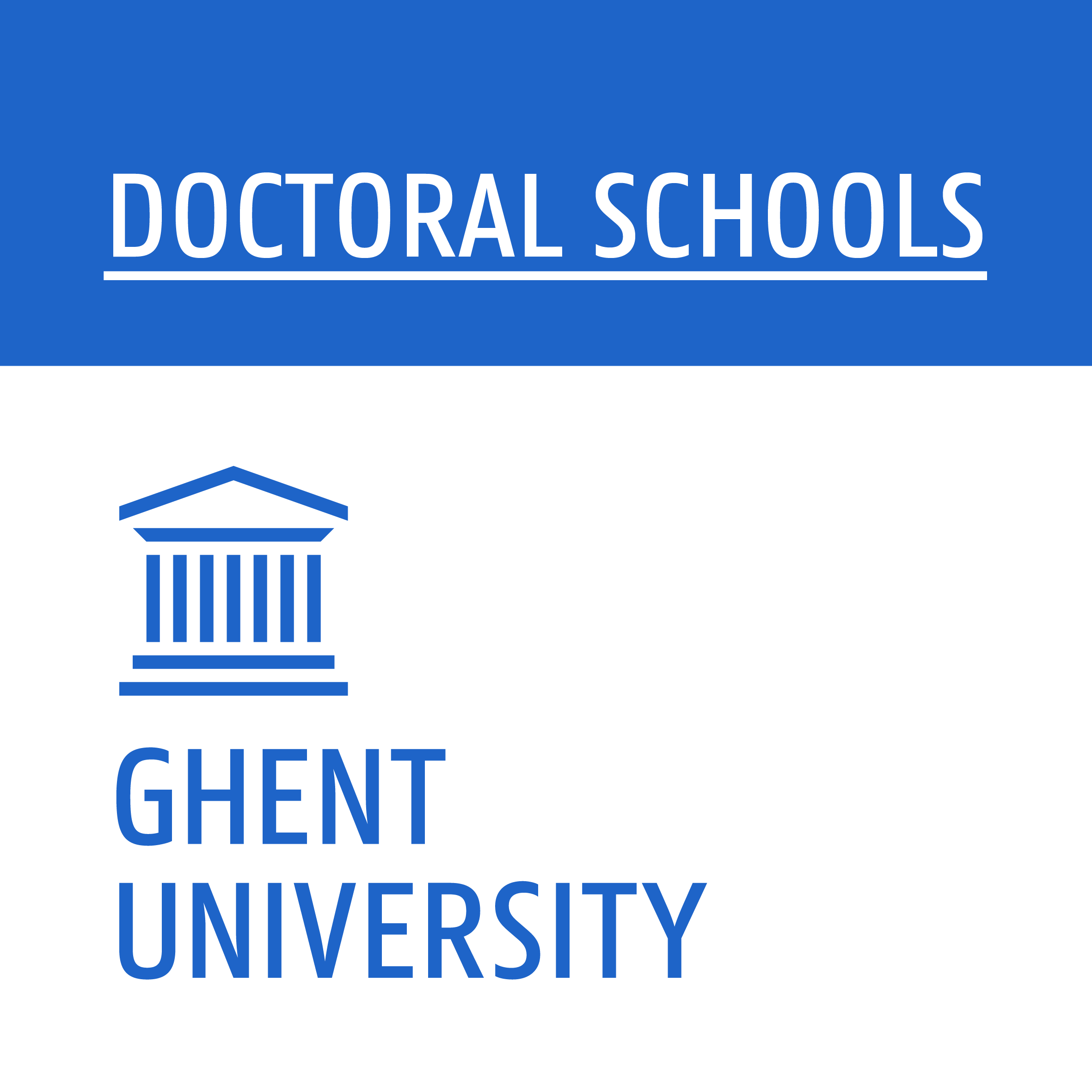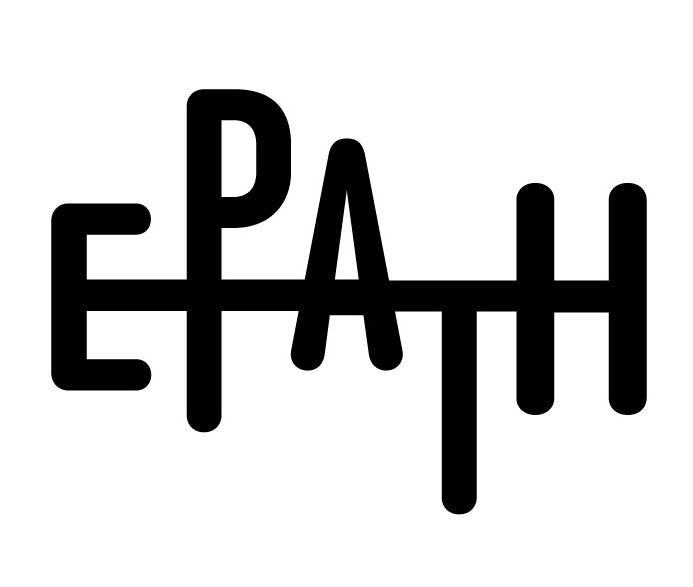EPATH’s 1st Summer School:
Transgender health: Interdisciplinary approaches
EPATH organized their 1st Summer School from June 28 – July 1 2022, at Ghent University, Ghent, Belgium. We had 38 participants from 17 different countries who followed our seasonal school en titled ‘Transgender Health: Interdisciplinary Approaches’. The overall satisfaction rate was 9.6/10 and we definitely are committed in repeating the seasonal school in 2024! EPATH wishes to thank all speakers involved for their teaching, and all participants for their commitment for transgender health. Here you can find a picture of our very first class of 2022:

Interested in the next edition of the summer school? Read more about it here!
If you want to have an idea about the programme or the participation fees, read the information available on this page to get an idea of what to expect.
Scientific Committee
- Alessandra Fisher (University of Florence, IT)
- Annelou de Vries (Amsterdam UMC, NL)
- Christina Richards (Regent’s University London, UK)
- Guy T’Sjoen (UGent, BE)
- Iva Žegura (University of Zagreb, HR)
- Joz Motmans (UZ Gent, BE)
- Luk Gijs (KU Leuven, BE)
- Mudje Özer (VUmc, NL)
- Piet Hoebeke (UZ Gent, BE)
- Timo Nieder (UMC Hamburg-Eppendorf, DE)
- Vanessa Lacey (Gendercare, IE)
With the support of the Flemish Government and Ghent University Doctoral Schools


